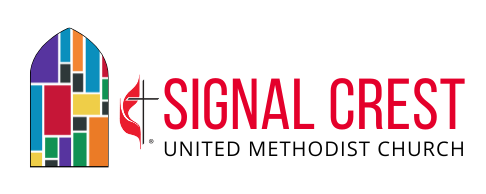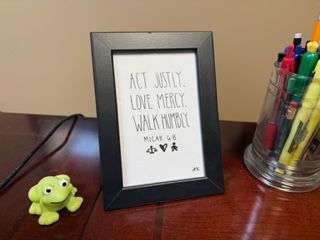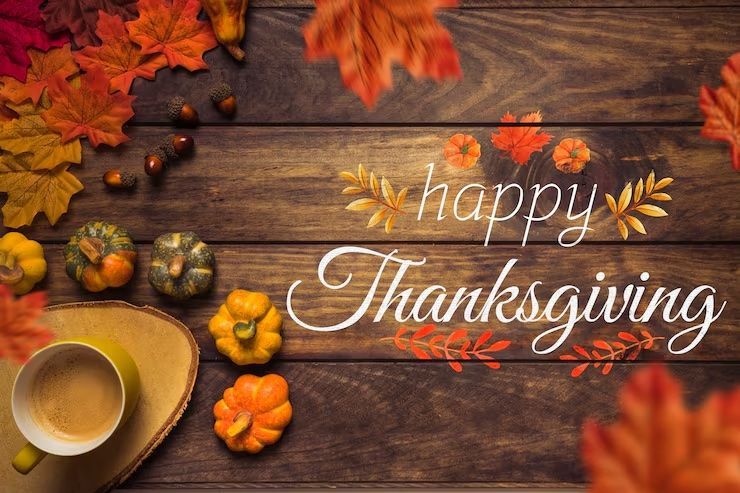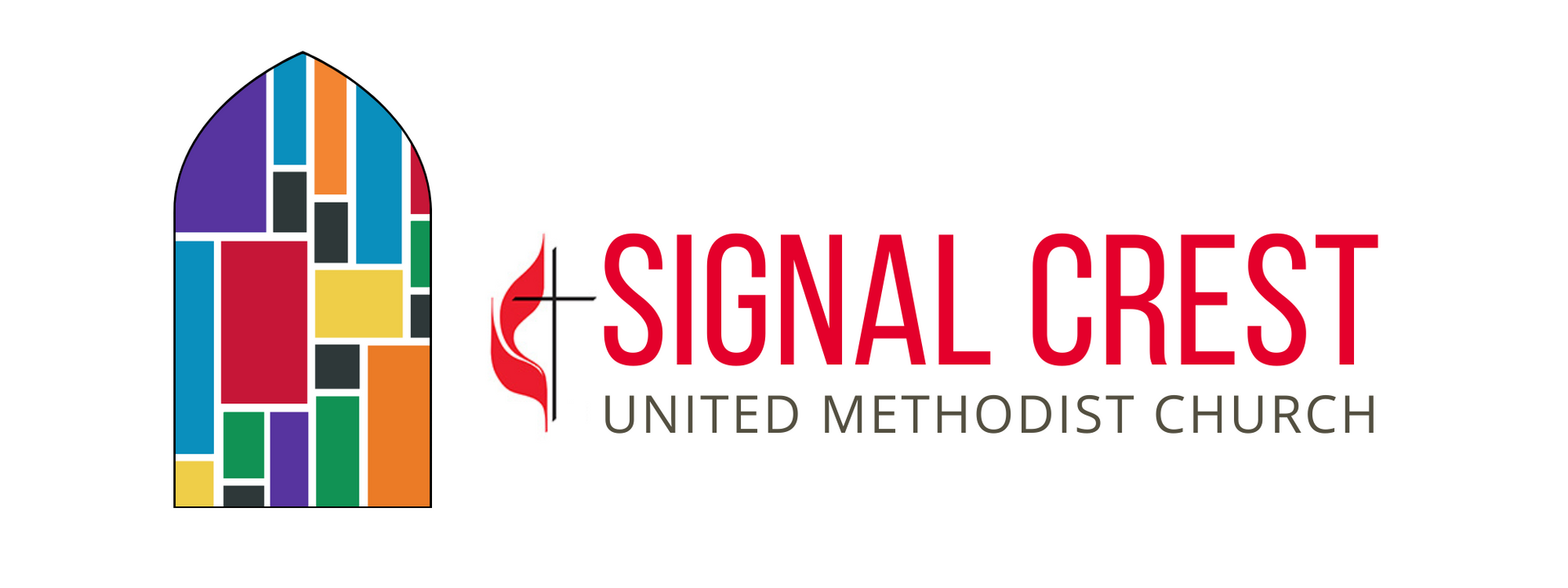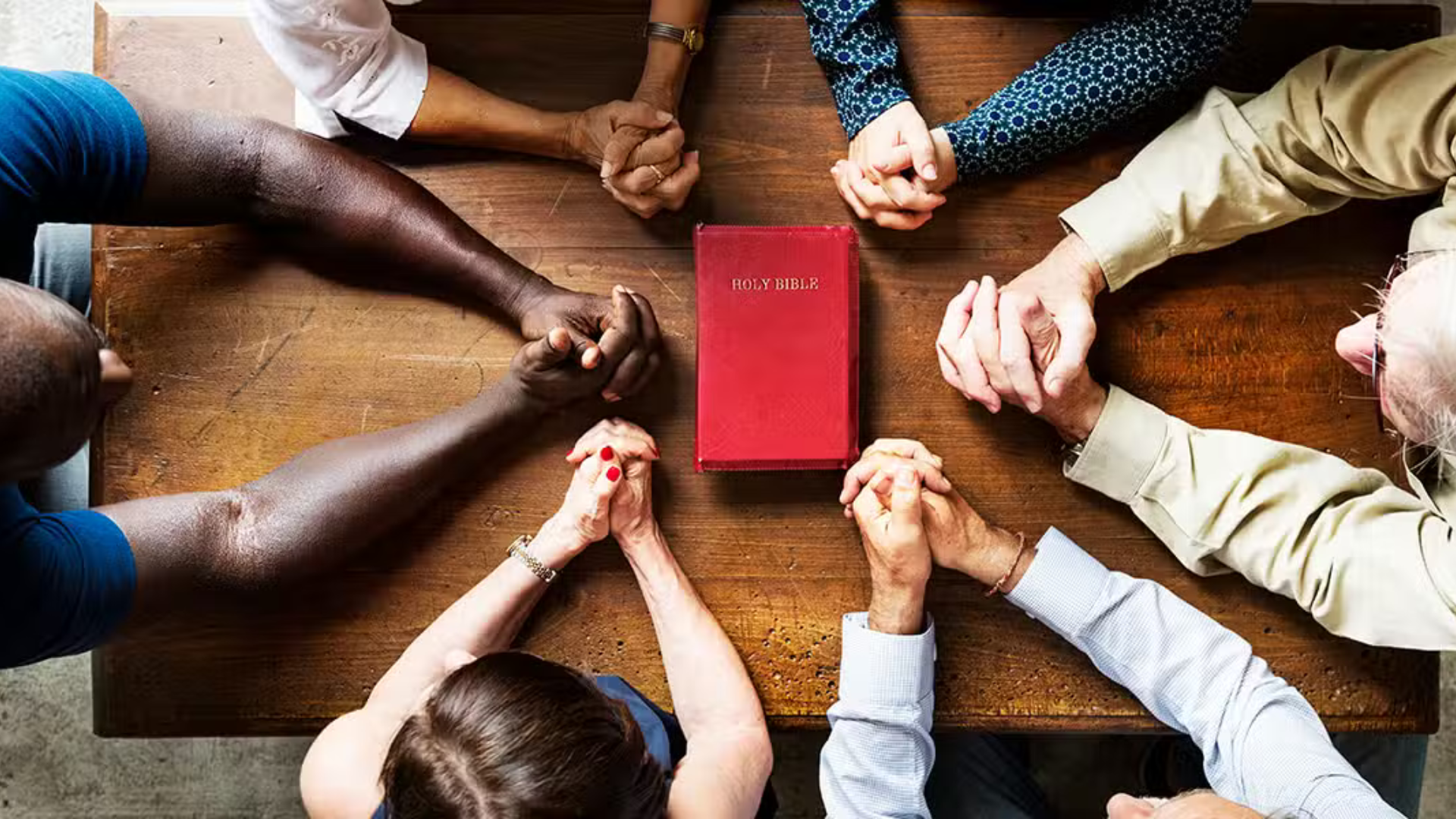
Earlier this week we observed Martin Luther King Jr. Day. In his sermon this past Sunday, Pastor Drew referred to King’s famous “I Have a Dream” speech, where King envisioned a day when his children would “not be judged by the color of their skin but by the content of their character.” King also talked about “the Beloved Community,” where all God’s people, of all creeds and colors and conditions, can join hands and work together, can sing and stand and struggle for freedom and justice together. While I certainly want to believe we have made some strides since King’s day toward making that dream come true, it cannot be denied that it remains a dream that has yet to be fully realized in our own communities. There is still more work to be done together, more life and love to be shared together, more freedom and justice to be sought together. One of the things I try to think and pray about every year on and around MLK Day is what can I do, me, personally, to help make Dr. King’s dream of the Beloved Community come true in our world today. And it’s not just Dr. King’s dream; it is essentially what Jesus described as “the kingdom of God” and others after him have called “the kin-dom of God,” the family of God, the kinship in Christ. It’s the world that the Apostle Paul described where “there is no longer Jew or Greek, there is no longer slave or free; there is no longer male and female; for all of you are one in Christ Jesus” (Galatians 3:28). That’s what we’re all aiming for, isn’t it? So what can I do to help us get there? What can you do? How can you and I use what influence we have, and what gifts we have been given, what networks we inhabit, to fulfill this vision, this dream today? Pastor Drew described one opportunity for us to consider this past Sunday—his dream of our church’s expansion of our youth ministry in partnership with our friends and neighbors in the southside of Chattanooga. We can help host and serve the weekly meal we help provide student-athletes at the Howard School on Wednesday evenings. He’s in need of more volunteers to be a part of this ministry; let him know if you can help. Another thing we can do, in this skeptical, cynical old world, is to believe—to believe in this dream. And this is no small thing. Several years ago, a newspaper columnist in Knoxville, Ina Hughs, compiled some of King’s words into a kind of creed, a belief statement. I cut that column out of the paper and have kept it to this day. Here are some of King’s words that she shared: “I refuse to believe that we are unable to influence the events which surround us.” “I refuse to believe that we are so bound to racism and war, that peace, brotherhood and sisterhood are not possible.” “I believe there is an urgent need for people to overcome oppression and violence, without resorting to violence and oppression.” “I believe that we need to discover a way to live together in peace, a way which rejects revenge, aggression, and retaliation. The foundation of this way is love.” “I believe that unarmed truth and unconditional love will have the final word in reality.” “I believe that right temporarily defeated is stronger than evil triumphant.” “I believe that what self-centered people have torn down, other-centered people can build up.” “By the goodness of God at work within people, I believe that brokenness can be healed, ‘And the lion and the lamb shall lie down together, and everyone will sit under their own vine and fig tree, and none shall be afraid.’”
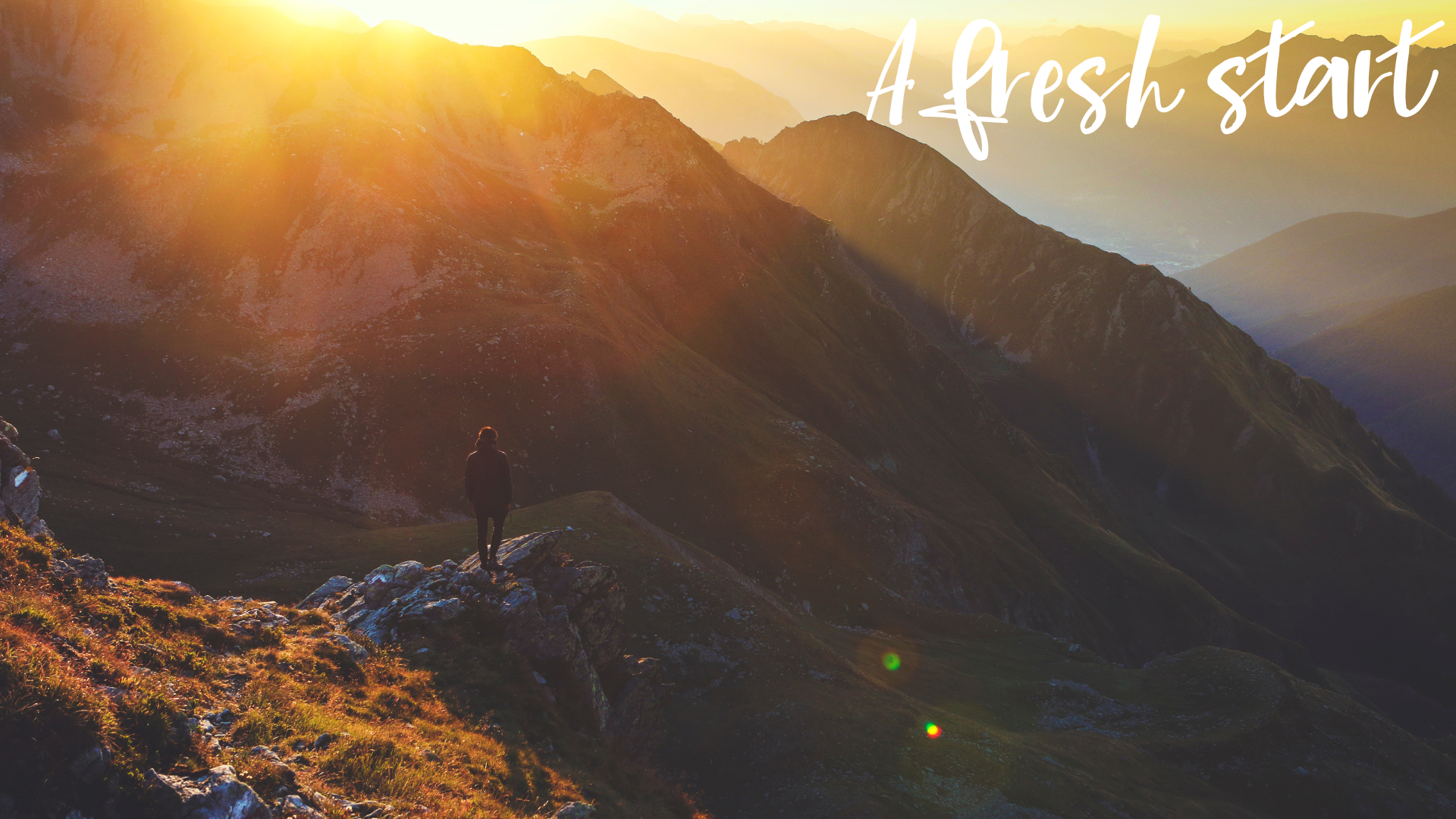
Have you ever had, or needed, a fresh start? A reset? Have you ever wished you had a “Control-Alt-Delete” button you could push to give you a restart (if you don’t get that reference, then ask one of your elders to explain it to you!) I was listening to a report on the radio last week that talked about how professional baseball players who are traded to a different team in the middle of the season get a fresh start, a reset, that often results in a bump in their performance after the trade. Their batting average, for example, might jump from the 200s to the 300s. Researchers found that this bump was even more pronounced when the player was traded from one league to another. Why might this be the case? There are two different leagues in professional baseball, the National League and the American League. When a player is traded to a team within the same, that players’ statistics carry forward. But when a trade takes place from one league to the other, the players’ statistics automatically reset. It’s like they’re starting again from scratch. So a cross-league trade offers the player a completely fresh start, and that reset often results in improved performance. I found this report fascinating, and it made me wonder: Have you ever experienced something like this, a fresh start, a reset? Maybe it’s a new school, or a new job, or retirement, or a recovery from an illness or injury, or a new season in your life. I think every time I’ve moved to a new appointment, it’s been something of a fresh start, a reset for me in my ministry. I also remember when we moved here to Signal Mountain and Wesley was going into his junior year in high school. I worried about how moving in the middle of high school would affect him, but he was actually looking forward to a fresh start. It would be an opportunity, he said, for a reset. Maybe one of the reasons we celebrate a new year is that it provides an opportunity for a fresh start, a reset. It’s a time to wipe the slate clean, return all the ledgers to zero, let the past be the past, and look ahead with new energy and enthusiasm. And unlike baseball players who are traded from one team to another, it doesn’t necessarily require a physical move from one place to another. It’s more of a spiritual mentality. Every single day, every new morning, in its own way, offers a fresh start, a reset. And maybe that’s why I love the prayer of thanksgiving for the order of worship for morning prayer that we find in the back of our hymnal (#877): New every morning is your love, great God of light, and all day long you are working for good in the world. Stir up in us desire to serve you, to live peacefully with our neighbors, and to devote each day to your Son, our Savior, Jesus Christ the Lord. Amen.
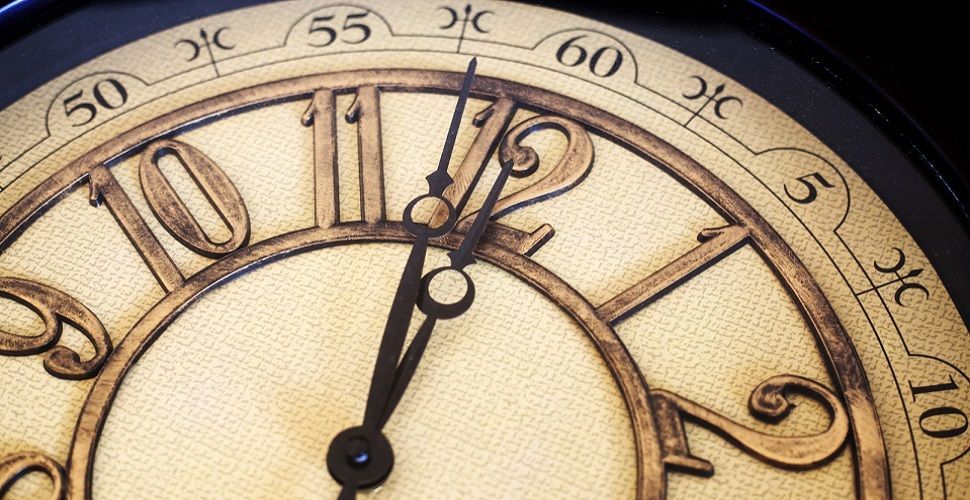
What are you doing New Year’s Eve? Perhaps this question reminds you of an old Ella Fitzgerald classic! Or perhaps you are familiar with the tradition of churches hosting a Watch Night service on New Year’s Eve. The Watch Night tradition traces back to Moravian churches in Europe in the 18th century who would host on this night a vigil to reflect on the year just past and to prepare, through repentance and resolution, for the year to come. John Wesley, the founder of the Methodist movement in England, attended a Moravian Watch Night service and later adapted it for a Covenant Renewal service that is still frequently celebrated at the turn of the new year. The Watch Night tradition took on additional significance for African Americans during the Civil War as enslaved persons gathered in homes and churches on December 31, 1862. This was the night before President Abraham Lincoln’s Emancipation Proclamation took effect. They stayed up well past midnight to watch the long dark night of slavery turn into a bright new dawn of freedom. Watch Night services continue to be a strong tradition in many African American churches today. The Watch Night tradition invites us all to reflect back on the year just past with gratitude for God’s presence with us through the ups and downs, the good and the bad, as well as to look toward the year ahead with confidence in God’s promise to continue to guide us along our way toward the freedom and fullness of life together in Christ. So as we prepare to enter the new year 2026, I’d like to invite us to join in “A Covenant Prayer in the Wesleyan Tradition” (United Methodist Hymnal, #607) as a prayer for each of us personally, for our families, and for our congregation at Signal Crest: I am no longer my own, but thine. Put me to what thou wilt, rank me with whom thou wilt. Put me to doing, put me to suffering. Let me be employed by thee or laid aside for thee, Exalted for thee or brought low for thee. Let me be full, let me be empty. Let me have all things, let me have nothing. I freely and heartily yield all things to thy pleasure and disposal. And now, O glorious and blessed God, Father, Son, and Holy Spirit, Thou art mine, and I am thine. So be it. And the covenant I have made on earth, Let it be ratified in heaven. Amen.
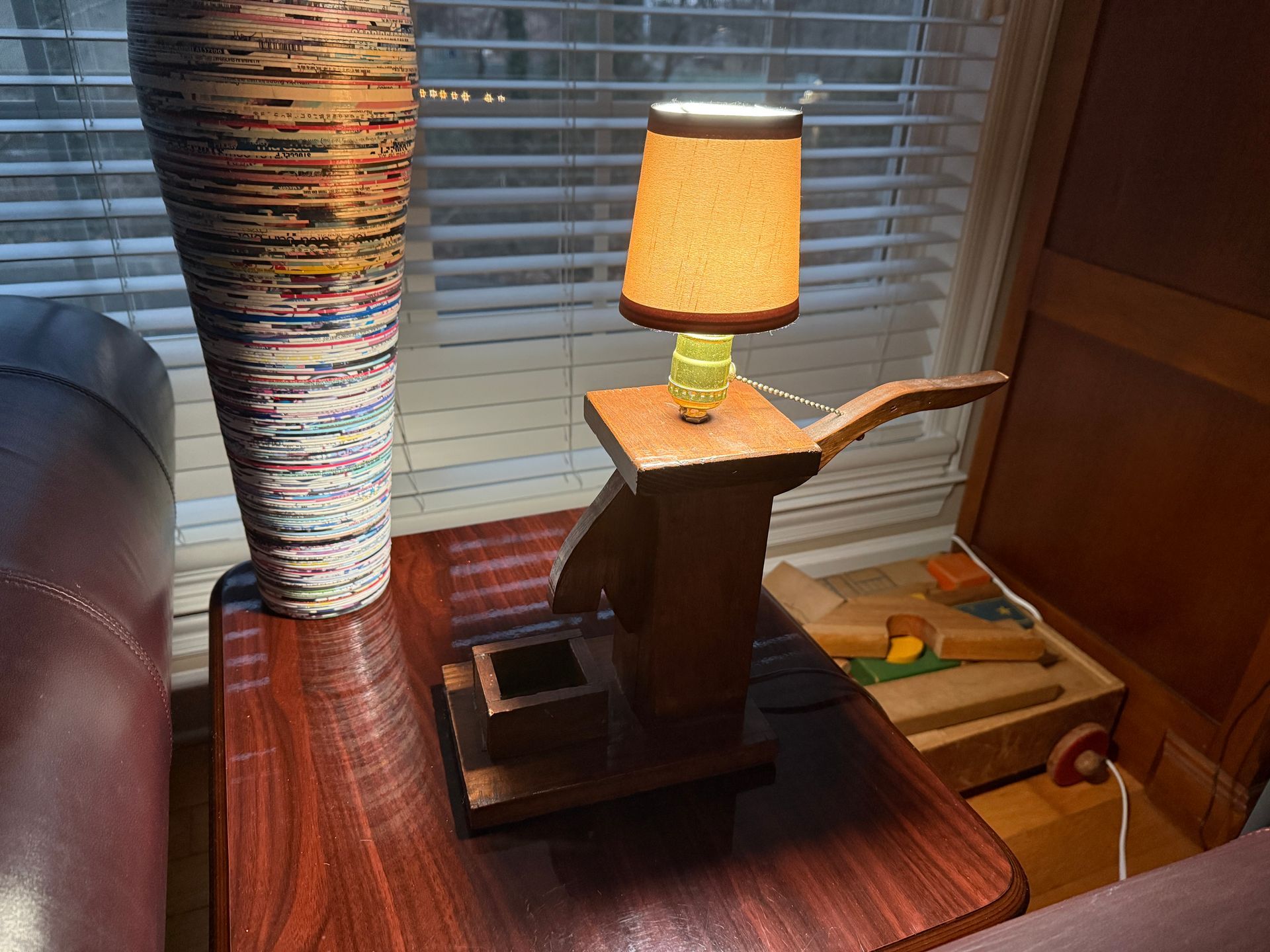
What’s the best Christmas gift you’ve ever received? Aside from Jesus, of course ;-) The red big wheel spinout speedster might be up there for me. Another one might be the year I got my very own jambox. But I’d have to say that the very best gift I’ve received wasn’t exactly a gift, in the way we normally think of gifts, but it did come around Christmas. When I was in the fall of 7 th grade, I took a shop class, where we learned about all kinds of tools for woodworking, electronics, and other practical applications. The final project was to build a lamp that looked like an old water pump. Everyone who had ever taken shop class had a lamp like that. My brother had one. Now it was my turn to make a lamp. The instructions for this lamp were about as old as the book of Job, and I tried to follow them to the letter. Measuring the wood, measuring it again just to be sure, cutting the wood, sanding the wood, sanding the wood some more, gluing the wood, staining the wood, etc. When I got the cord attached to the socket and the socket in its place, I found that the socket wouldn’t sit square in its seat. It wobbled, and I had no idea why. I thought I had followed the instructions to the letter. That Christmas break, everyone else was taking home a perfect little wooden lamp, except for me. I had the Charlie Brown Christmas tree of wooden lamps. I was capital-F Forlorn. I was embarrassed to show it to my parents, and especially to my brother (whose lamp was also perfect). But I remember my dad looking at it, thinking to himself for a moment, and then telling me he knew someone we could call about this. He called his friend Jack Eggleston, who was the plant manager for the local manufacturer in town. I really didn’t want the guy whose plant built fancy pool tables to see my puny little lamp. But a few days before Christmas, we loaded up the lamp and took it over to Mr. Eggleston’s house. He took the lamp in his hands, turned it around, told me I did a nice job on the sanding and staining, and then he said he had an idea on what we could do. He got out his own toolbox, dug around and found a little nut. Then he slipped that little nut into place right below the socket, and voila—no more wobble! Just like that, it was fixed, and it worked perfectly. That was nearly forty years ago now. Both my dad and Mr. Eggleston have long since died. But the lamp lives on! It stands on a side table in our den and still shines the light. And of all the Christmas gifts I’ve received over the years, I believe it was Mr. Eggleston’s small act of kindness toward this awkward kid that shines the brightest.
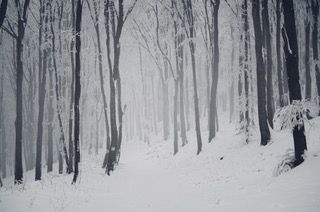
The pop song may proclaim “it’s the most wonderful time of the year,” but for many folks, December is a difficult month. With the days getting shorter and the nights coming on earlier, many people experience the down-turned spirits of Seasonal Affective Disorder. And for those who have lost a loved one, the holidays can be especially difficult. My dad died in December over thirty years ago, and today is the twentieth anniversary of Tracy’s dad’s death. December can be a hard month for a lot of people. Ever since this season became tenderized by the experience of grief and loss, I have found myself drawn to another song. It’s not one of the most popular or beloved of the Christmas songs, but it can be found in our hymnal (#221). The words were written by a 19 th century English poet, Christina Rosetti, who suffered poor health from a young age. Her words were set to a soft, gentle tune from the composer Gustav Holst. It’s the hymn “In the Bleak Midwinter.” In the bleak midwinter, frosty wind made moan, Earth stood hard as iron, water like a stone; Snow had fallen, snow on snow, snow on snow, In the bleak midwinter, long ago. She draws from an old tradition that it snowed on the evening of Christ’s birth, blanketing the fallen world with pure white. And even though I later learned that scholars believe Jesus may have actually been born during the summertime (when traveling to your hometown to register for a census would have made more sense), I still prefer thinking he was born “in the bleak midwinter.” The early church apparently preferred this timing, too, and so they set the celebration of Christmas to coincide with the winter solstice, the so-called “longest night,” which is the point when the land’s deepening darkness reverses, the light returns, and the days begin to lengthen again. I still draw comfort and hope in thinking that it was “in the bleak midwinter,” around the time of the longest night of the year, that Jesus, the Light of the World, was born into this world. However bleak our lives may feel, or the news of our world may seem, that’s precisely when Jesus first came, and when Jesus still comes, even today.

Real or artificial—what kind of Christmas tree will you have in your home this year? That was the question that the TODAY show explored the other day as the gigantic Christmas tree at the Rockefeller Center was being prepared to be lit. Each kind of tree has its own benefits and drawbacks. There’s no substitute for the sight and smell of a real Christmas tree. They are also more environmentally friendly since they can be recycled as mulch and wood chips, and they support local farmers and businesses. However, they can be messy in the needles they drop and fussy in the amount of water they require. Artificial trees are more convenient. They don’t drop needles or need water. Many of them come pre-lit, and they’re reusable for many years. However, some cite the environmental cost of manufacturing artificial trees from all the plastic, and because about 80% of artificial trees are made in China, tariffs are also driving up the financial cost. As a nation it seems we’re torn between the two. While 85% of Americans say “real Christmas trees bring joy to everyone who sees and smells them,” an NBC survey also found that about 83% of us will have an artificial tree in our home this year. I remember growing up, our family always bought a fresh white pine tree from our friend Mr. Burnop. We were surely among the last in the town to get ours, usually venturing over to his farm the week before Christmas. But he would always hold one back for us. Suffice it to say, I have some “sappy” memories of those trees over the years. But after my dad died and my brother and I moved on, my mom eventually shifted over to artificial. We now have in our home at the parsonage the last tree she bought, which is not only pre-lit but rotates! Regardless of where you fall on the real versus artificial debate, maybe we can all agree that what matters more is not what kind of tree it is but what is on our tree and who is around it. Whether I’m hanging them on a real white pine or a fake Frasier fir, the various ornaments we’ve collected over the years each carry memories and stories of when we got them, where we got them, who gave them to us, how old the kids were when they made them, and in some cases how old I was when I made them. And, of course, what is most real are the “real”-ationships with those who have gathered around our trees over the years—friends and family members, some of whom are no longer with us in body but are very much present in heart and mind—and especially our relationship with the One who is the real reason we put up any kind of tree in our homes in the first place.
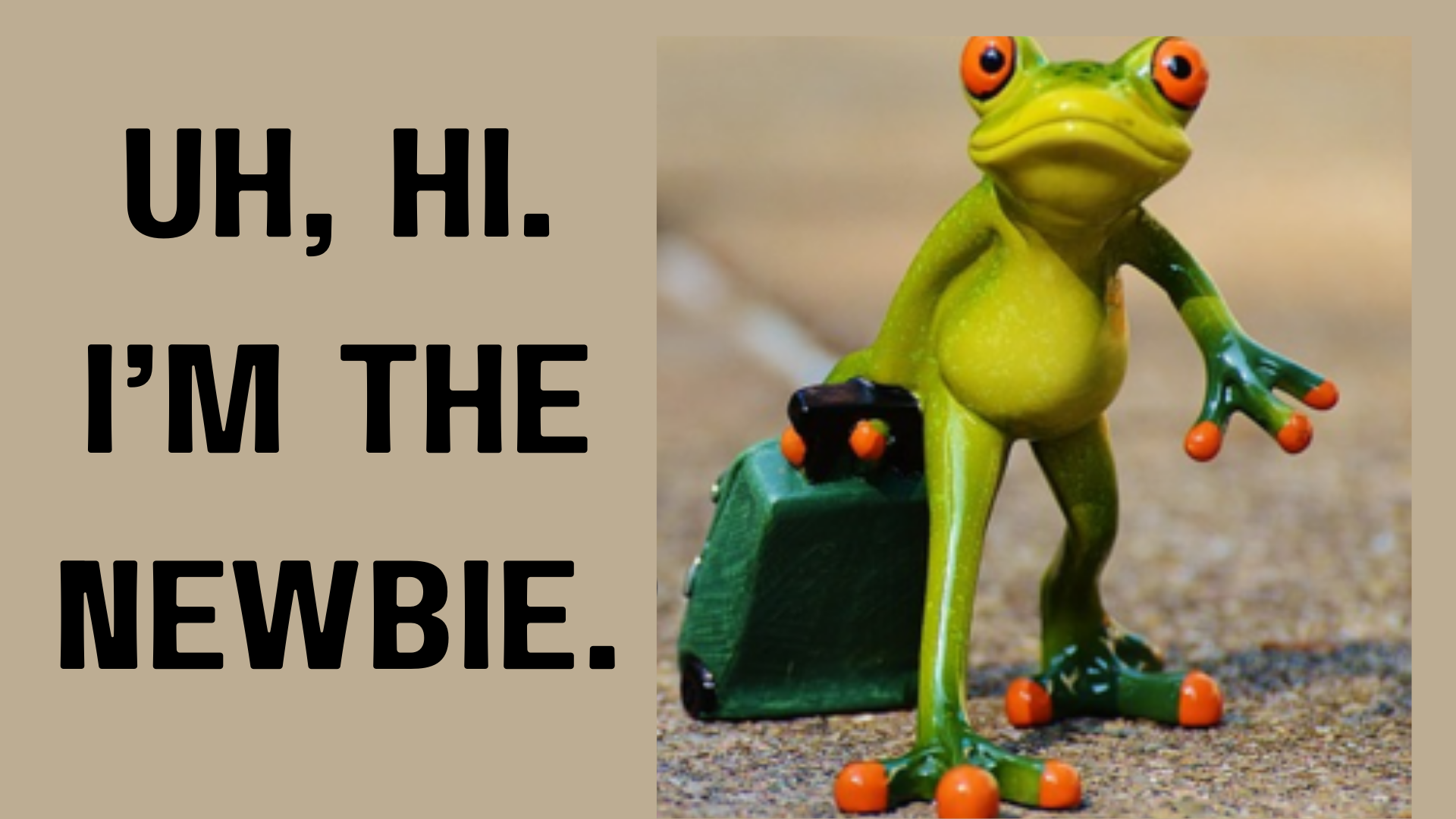
A couple of months ago, I joined the YMCA downtown. I had been a member of the Y when we lived in Athens, but I simply dragged my feet and didn’t join here until this year. I’m glad I did, not only because I enjoy the exercise, but also because I experienced again what it is like to be a newbie. I wanted to start out visiting some of the different kinds of workout classes that are available. I went to one that meets at 6 am called “Afterburn.” I went to a spin class one evening. I went to a yoga class another night. Each time, I arrived early, because I was a complete and total newbie and had no idea what I was doing. When I arrived in the area called “The Pit” for the “Afterburn” class, there were all these folks gathering all these weights and mats, like they all knew what they were doing. I, of course, did not. Thankfully, one guy walked in whom I had met, Joan Barnes’ son Mike. I reintroduced myself to him and told him I was new and didn’t know what I was doing. He was glad to see me there and invited me just to follow along with him and do what he did. Likewise, when I arrived for the spin class, I was readily identified as the newbie in the room. But there were some very friendly folks there who welcomed me and helped me get acclimated to the bike and made sure I understood the instructor during the class. When it was over, they all invited me to come back. While I had been to spin and workout classes before at the previous Y, I’d never been to a yoga class. So again, I got there early. While some of us were waiting for the room to become available, I told this complete stranger who had a kind face that I was a newbie and had never been to a yoga class before. She was so helpful. She told me I would need to get a mat and some blocks from the cubbies, and she suggested I set up my station in the back and just do what everyone else did. It was so relaxing. It was just what I needed! I’m grateful for this experience of being a newbie at the Y, because sometimes I forget what it can be like for folks who visit the church for their first time. They often arrive early. They don’t always know what to do, where things are, how things go. Maybe there aren’t any familiar faces they can approach to ask. There are often a lot of newcomers and guests during the Advent and Christmas season. I’ll try to keep an eye out for them here at church, like I am doing now at the Y, and extend a warm welcome to them, and I hope you will as well. It can be as simple as saying, “I’m so glad you’re here! I don’t believe we’ve met; my name is ___.” It can make a big difference! This Advent—and always—let us all resolve to “welcome one another, therefore, just as Christ has welcomed you, for the glory of God” (Romans 15:7).
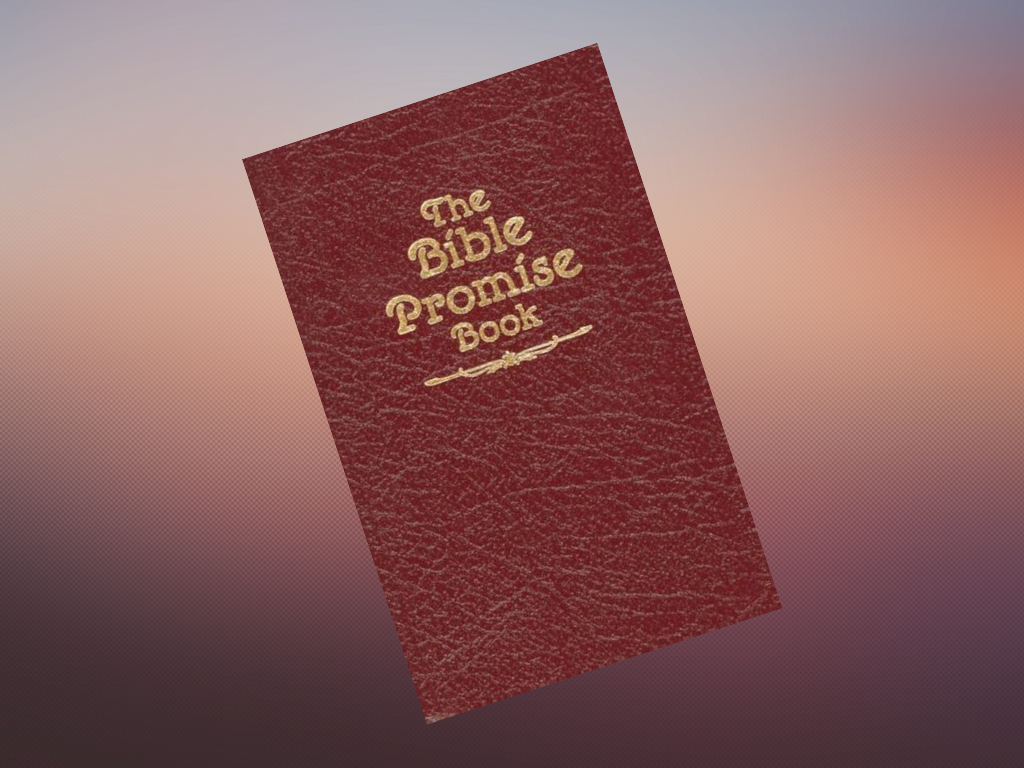
This coming Sunday, November 16, we will celebrate our annual Consecration Sunday with one combined worship service in the sanctuary at 10 AM, followed by a congregational brunch in the Crest Center sponsored by the Stewardship Team and catered by our chef Steve Ellis. This year’s theme is “Standing on the Promises.” We will celebrate God’s generosity and faithfulness toward us in the manifold promises of Christ, and we will consecrate our promises of generosity and faithfulness to God in Christ through our prayers, our presence, our gifts, our service, and our witness through the church. Toward the end of our worship together, you’ll be invited to bring your commitment card to the front of the sanctuary (there will be extra cards available). You’re also welcome to share your commitment for 2026 through our online form at https://www.signalcrestumc.org/give-back. Reflecting on this year’s theme reminds me of a gift I received for my high school graduation of a book of God’s promises that we find in the Bible. Maybe you have a book like this, too; it’s been a perennial bestseller for the past forty years. It lists over 1,000 promises, arranged in alphabetical order. Who knew the Bible contained so many promises of God! I’m also reminded of something that the Apostle Paul shared with the church in Corinth: “For the Son of God, Jesus Christ, whom we proclaimed among you, Silvanus and Timothy and I, was not ‘Yes and No’; but in him it is always ‘Yes.’ For in him every one of God’s promises is a ‘Yes.’ For this reason it is through him that we say the ‘Amen,’ to the glory of God” (2 Corinthians 1:19-20). Here are a few of my favorite promises of Jesus. Rest: “Come to me, all you that are weary and are carrying heavy burdens, and I will give you rest.” – Matthew 11:28 Peace: “Peace I leave with you; my peace I give to you. I do not give to you as the world gives. Do not let your hearts be troubled, and do not let them be afraid.” – John 14:27 Presence: “Remember, I am with you always, to the end of the age.” – Matthew 28:20 Return: “See, I am coming soon; my reward is with me, to repay according to everyone’s work.” – Revelation 22:12 Eternal Life: “Very truly, I tell you, anyone who hears my word and believes him who sent me has eternal life, and does not come under judgement, but has passed from death to life.” – John 5:24 These are just a few of God’s many promises to us in Christ. Do you have a favorite? Thanks be to God for all the promises upon which we can stand together in Christ here at Signal Crest!
